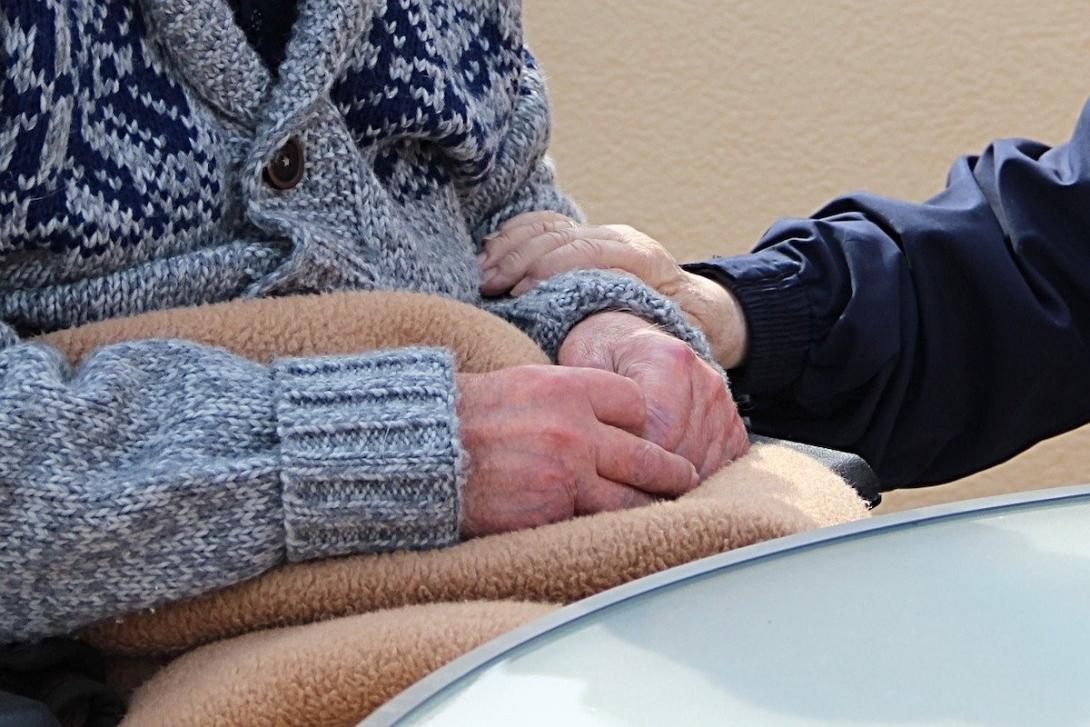
A record number of people chose to end their lives through physician-assisted death in Oregon last year.
Roughly one person per day died through the Death with Dignity Act in 2023, according to a newly released Oregon Health Authority report.
More than four out of five patients were 65 years or older. The youngest person was 29. The oldest was 102. Two-thirds had cancer. One in 10 had a neurological disease.
Death with Dignity, which was enacted in 1997, allows terminally ill people to end their lives by self-administering a lethal dose of prescription medication. Oregon was the first state in the nation to legalize physician-assisted suicide, but 10 states now allow the practice, including Washington and California.
For more than two decades, Oregon only allowed residents to use the Death with Dignity Act. A 2021 lawsuit challenged the residency requirement, arguing that it improperly prevented Oregon health care providers from giving medical aid. The state legislature officially removed the requirement in 2023.
“This report shows that more terminally ill patients were indeed able to peacefully end their unbearable suffering in Oregon following July’s residency requirement removal,” said Elizabeth Armijo, National Legislative Advocacy Director for Compassion & Choices Action Network. “Patients travel all the time across state lines to receive the best care, so it should be no different for this end-of-life care option.”
Allowing terminally ill residents of other states to end their lives in Oregon contributed to the 20% increase in deaths last year, according to OHA, but it wasn’t the only factor.
Deaths under the act have been increasing since it was first enacted, passing 100 for the first time in 2014. In 2021, 255 people — all Oregon residents — died through physician-assisted death in Oregon. In 2023, 344 Oregon residents and 23 non-residents died in that manner.
Doctors prescribed lethal medication to 560 people in 2023. Of those who took the medication in 2023, most took it close to a month after first asking for it. The vast majority, 96%, told their families of their decision. Most died at home.
To be eligible for medication, people must be 18 or older; have a terminal diagnosis of six months or less; be able to make the decision independently and be able to ingest the medication without help.
The most common end-of-life concerns were losing autonomy and being less able to engage in the activities that make life enjoyable, OHA said. Loss of dignity was a concern for 64% of people, a drop from the 73% average in past years.
A growing number of people said they were concerned about the financial costs of continued medical treatment.